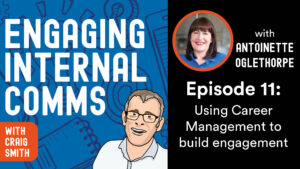
The Compass Journal: Navigating Careers & Leadership
Fresh thinking for forward-focused organisations
Explore practical insights, thought leadership, and real-world stories on career development, leadership, and the evolving world of work. Each article is designed to spark ideas and support you in creating a culture where people and performance thrive.
Get these insights delivered to your inbox by signing up for our newsletter.









